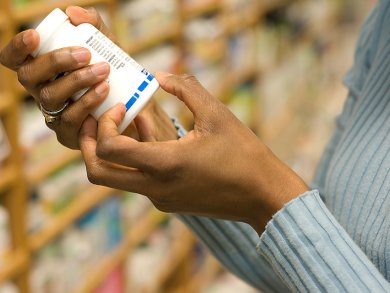Isotope Study Reveals Origin of Sports Suppliment
A new study published in the journal Drug Testing and Analysis found that DMAA, a stimulant often found in many nutritional and sports supplements, does not originate from natural substances and is actually comprised of synthetic compounds.
The substance DMAA (1,3-dimethylamylamine) is a stimulant existing in various pre-workout supplements and often labeled as part of geranium plants. The safety and origin of DMAA in these supplements is often the subject of intense debate and has been recently linked to the death of two U.S. soldiers, causing the Army to pull the supplement from its commissaries.
Researchers led by Daniel W. Armstrong, Ph.D., of the University of Texas at Arlington, set out to determine the unique isomeric ratios of synthetic substances (DMAA) and natural substances which are distinctly different and therefore can be used to distinguish between the two. Eight different geranium extracts of different geographical origins were examined for the presence of DMAA. No DMAA was found in any of the geranium extracts.
Results showed that the DMAA actually consists of 4 different compounds called stereoisomers and that the unique isomeric ratios in synthetic DMAA were the same as those found for the DMAA in all supplements. Thus, the DMAA in supplements could not have originated from the geranium plant.
“The FDA should regulate and/or ban products in which significant amounts of synthetic pharmacological compounds are added,” Armstrong opined. “Also, this information should be clearly labeled – including their effects and possible side effects – so that consumers can make an informed choice.”
- 1, 3-Dimethylamylamine (DMAA) in Supplements and Geranium Plants/Products: Natural or Synthetic?
D. Armstrong et al.
Drug Test. Anal. 2012.
DOI: 10.1002/dta.1368


